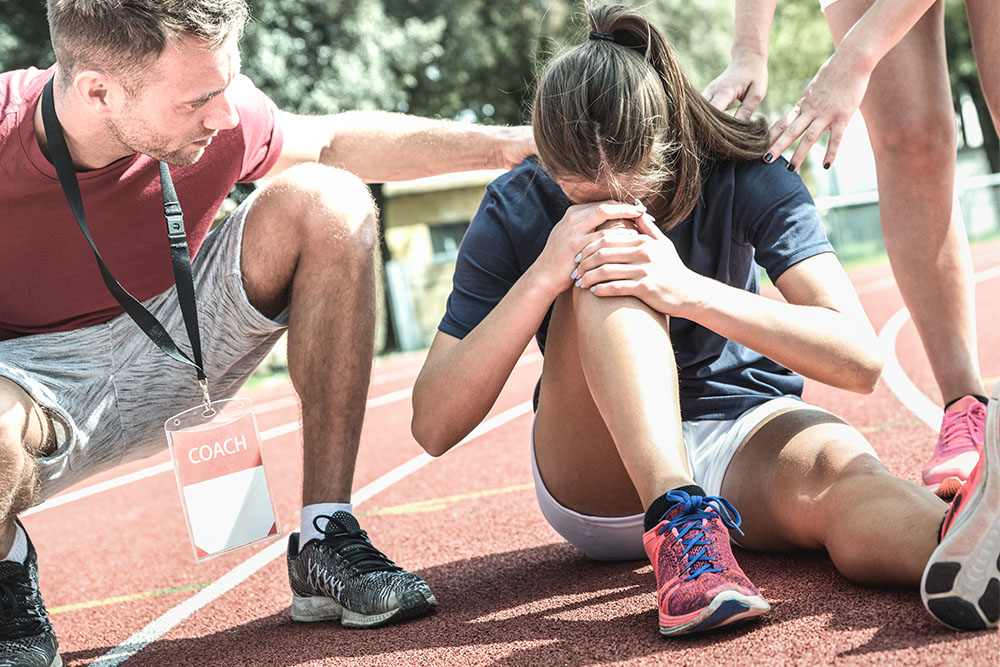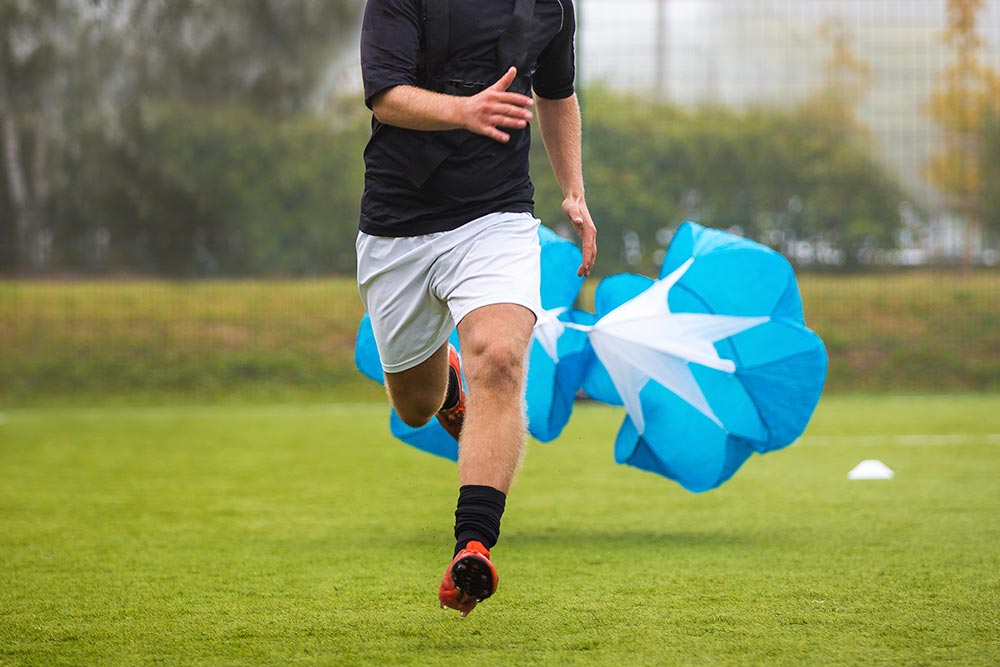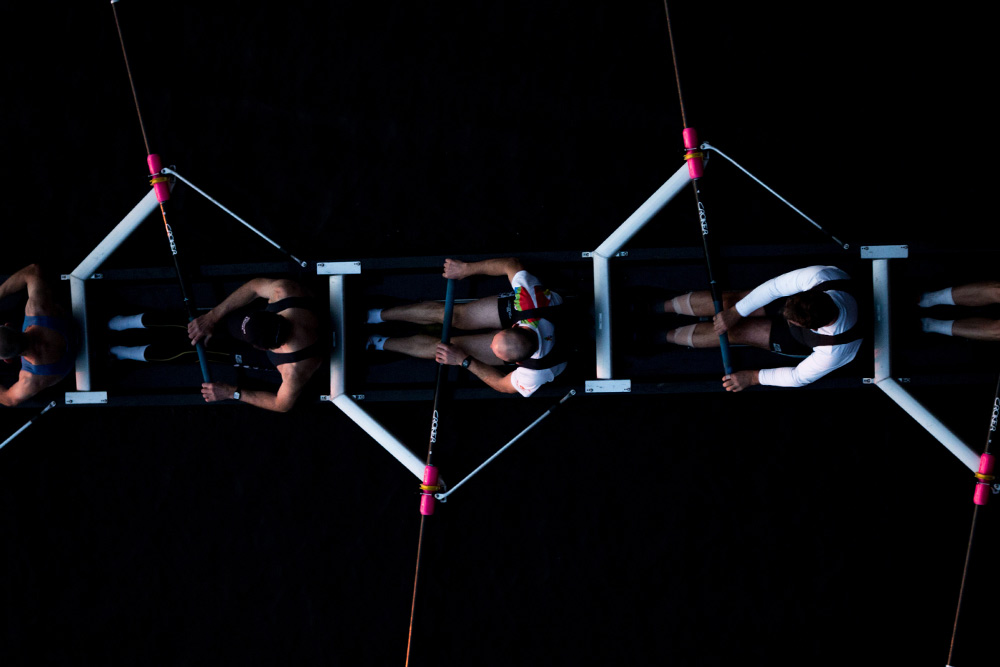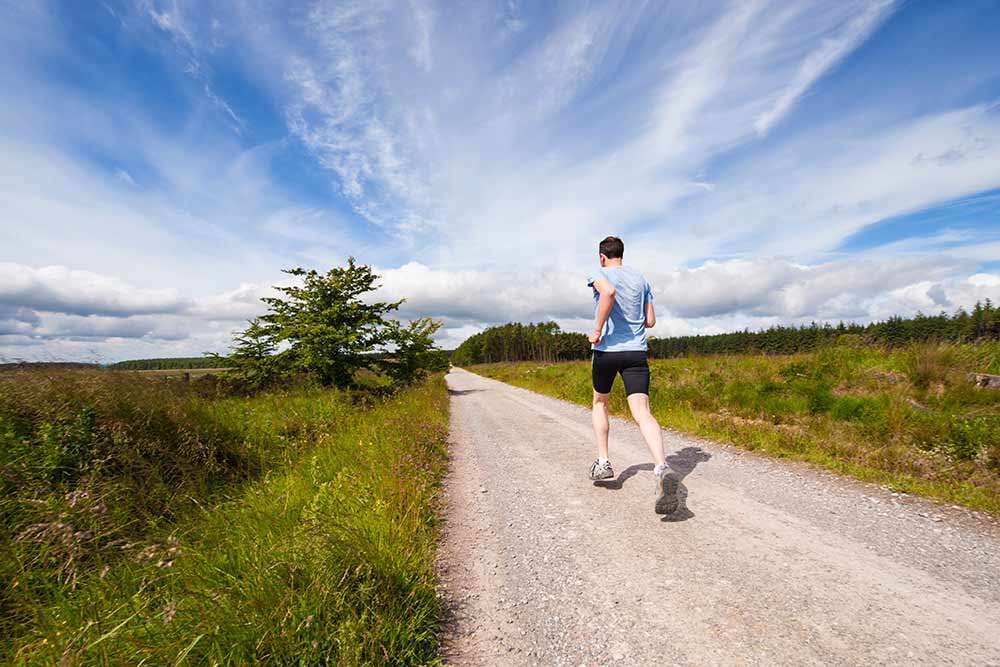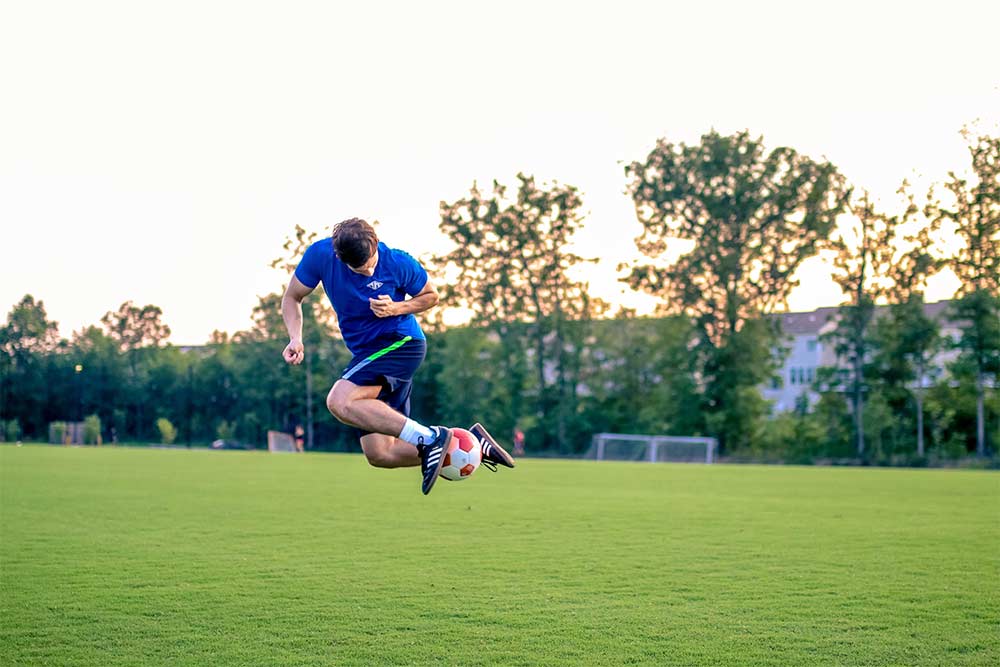Does Weightlifting Make You Smarter as You Age?
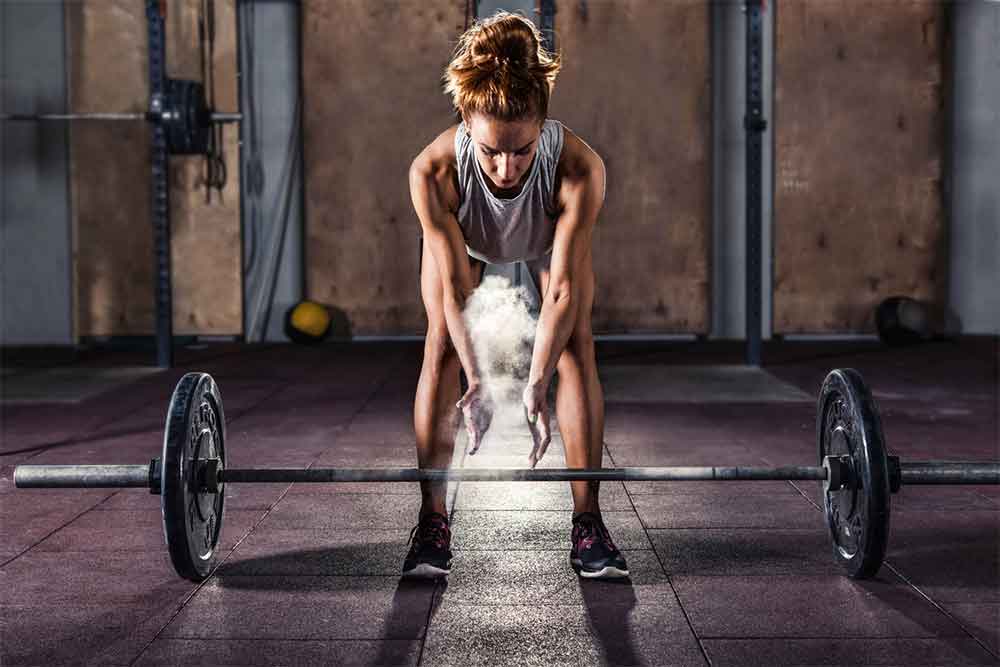
Evan Stevens
New research just published has determined that leg exercises, particularly weight-bearing exercises, send signals to the brain which are of critical importance to neural cell health. This groundbreaking research has shown that neural cell health is as directly linked to the signals back from the large working muscles as are the signals developed in the brain and sent to the working muscles in the first place. This new article published in Frontiers in Neuroscience shakes up the foundations of our knowledge base in the field and fundamentally alters our understandings of how our bodies and brains work and interact. This new research gives doctors new insights into motor neuron disease, multiple sclerosis, spinal muscular atrophy, and describe why patients neurological functions rapidly decline when movement becomes restricted or limited (such as in the case of aging).
Related Article: Strength Training in Older Women Wards Off Aging
The Study
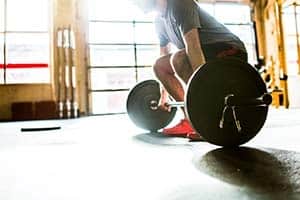 The study involved restricting mice from using their hind legs for 28 days while allowing them to continue to eat and groom normally and not expose the mice to any undue stress. At the end of the 28 days, the researchers examined the sub-ventricular zone (SBV), an area of the brain which maintains nerves cell health as well as where neuronal stem cells produce new neurons. The researchers found that as a whole, neuronal stem cell count decreased as much as 70% in the rear leg restricted mice compared to normal controls. As well, the new cells that were produced in the SBV and the oligodendrocytes, specialized cells which insulate the length of a neuron and allow rapid propagation of a signal down the length of a nerve cell, failed to reach maturity when exercise was restricted.
The study involved restricting mice from using their hind legs for 28 days while allowing them to continue to eat and groom normally and not expose the mice to any undue stress. At the end of the 28 days, the researchers examined the sub-ventricular zone (SBV), an area of the brain which maintains nerves cell health as well as where neuronal stem cells produce new neurons. The researchers found that as a whole, neuronal stem cell count decreased as much as 70% in the rear leg restricted mice compared to normal controls. As well, the new cells that were produced in the SBV and the oligodendrocytes, specialized cells which insulate the length of a neuron and allow rapid propagation of a signal down the length of a nerve cell, failed to reach maturity when exercise was restricted.
The Findings
The researcher then went deeper and looked past the regions of the brain, into the individual cells themselves, and found that the cells had significantly altered metabolic pathways. What happened with the restricted mice was that they had less oxygen in their bodies and their glycolytic cycle transitioned from aerobic to anaerobic. Indeed, certain genes were altered as well; CDK5Rap1 is a critical gene for mitochondrial health and was found to be down-regulated in exercise restricted mice, limiting the mitochondrial impact on energy production (energy from the aerobic system). This creates a feedback loop where the impact of lack of exercise keeps getting worse and worse: less energy, less movement, less oxygen use, fewer neurons, less mitochondrial use, less energy, etc.
Related Article: Training Your Body and Brain
The Results
The results shed important light on the impact of sedentary lifestyles and the need for not just exercise, but load-bearing type exercise on large muscle groups. As we age and mobility becomes restricted we face a number of neuromuscular problems as well as general declines in brain health. We are less active and producing fewer new, healthy neurons, contributing to dementia, Alzheimer’s Disease, and general cognitive declines. The researchers also added an interesting point at the end of their discussion in regards to lack of load-bearing exercise and our evolving technology and exploration by mentioning that their research also has large implications for astronauts and individuals who plan on spending long periods in space. Just in case anyone had any plans on a mission to Mars in the near future.
Recap:
- Load bearing exercise sends signals from the muscles back to the brain and is an important part of neuronal cell growth and reproduction.
- Rapid cognitive declines in individuals with mobility issues can be described by the feedback loop of muscle signals to the brain.
- By restricting motion in the legs, can lose as much as 70% of neuronal growth potential and the ability for new neurons to mature and become usable.
- Load bearing on large, working muscle groups such as the legs is integral and a fundamental part of brain health.
Related Article: Don’t Resist Resistance Training
Citations
Adami, R., Pagano, J., Colombo, M., Platonova, N., Recchia, D., Chiaramonte, R., Bottinelli, R., Canepari, M. and Bottai, D. (2018). Reduction of Movement in Neurological Diseases: Effects on Neural Stem Cells Characteristics. Frontiers in Neuroscience, 12.
You Might Like:


